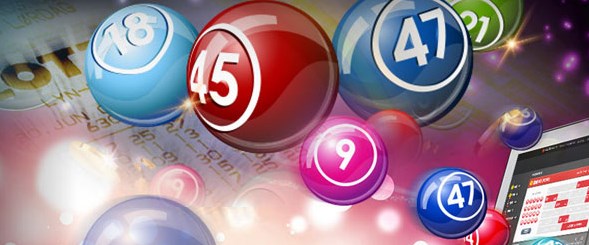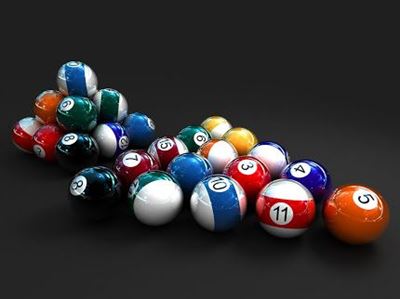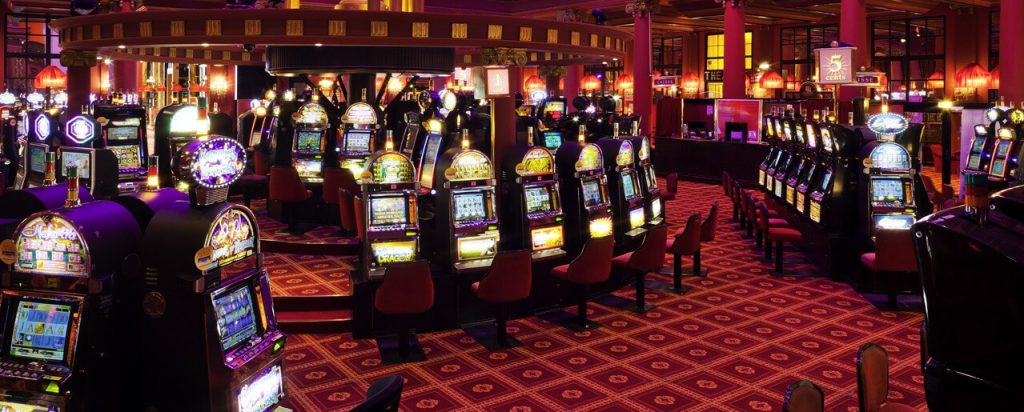In the vast landscape of human aspirations, the allure of lottery fortunes stands as an enigmatic force, capable of captivating minds and stoking dreams with the flicker of a ticket. The lottery, a modern-day incarnation of chance, promises a shortcut to wealth, transforming ordinary individuals into potential millionaires with the swift draw of numbered balls. It is a phenomenon that taps into the collective yearning for financial freedom, offering a glimpse into a world where fiscal constraints evaporate like morning dew under the sun. The very essence of the lottery is paradoxical, dangling the prospect of opulence before the masses while acknowledging the astronomical odds stacked against any individual. Yet, this enigma persists and thrives, fueled by the eternal human pursuit of a shortcut to prosperity. At its core, the lottery is a symphony of anticipation, weaving a tapestry of excitement and possibility. The simple act of purchasing a ticket becomes a ritualistic dance with destiny, a symbolic investment in a future bathed in affluence.
The allure is not merely the tangible prospect of riches but the intangible fantasy of liberation from the constraints of everyday life. It is a siren song that beckons the weary, promising respite from the toil of nine-to-five existence, from the shackles of financial worries that often accompany the pursuit of the elusive American Dream. The lottery, in this sense, is a seductive mistress, luring in the hopeful with the promise of a life less ordinary. However, beneath the glittering facade of lottery fortunes lies a deeper narrative, one that oscillates between the heights of ecstasy and the depths of despair. Winners emerge as overnight celebrities, thrust into a world of sudden wealth where decisions carry weight far beyond the mere material. The allure of live sgp lottery riches, it seems, is not just about the acquisition of money but the transformation of identity.
Friends become strangers, and family dynamics shift as the newfound wealth imposes its own set of challenges. The winners find themselves navigating uncharted waters, grappling with the dichotomy of privilege and the ever-present fear of losing the very fortune that promised liberation. Moreover, the enigma of lottery fortunes is underscored by the stories of those who chase the elusive jackpot with unwavering determination, often against their own economic interests. The lottery, in its paradoxical nature, preys on the vulnerable, offering a glimmer of hope to those whose circumstances are dire. It is a beacon in the darkness, a potential escape hatch from a reality steeped in adversity. This paradox raises ethical questions about the societal role of lotteries and their impact on the socio-economic fabric. Do they perpetuate a cycle of false hope, or do they serve as a legitimate avenue for upward mobility?





